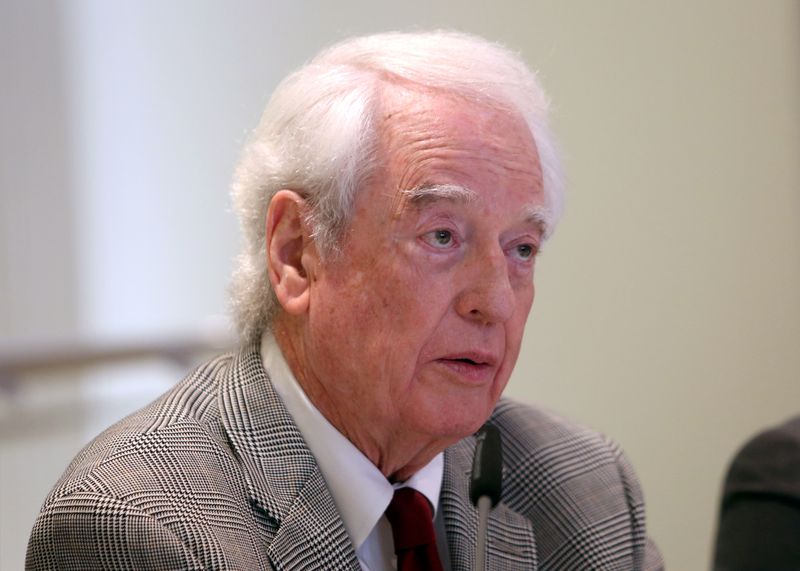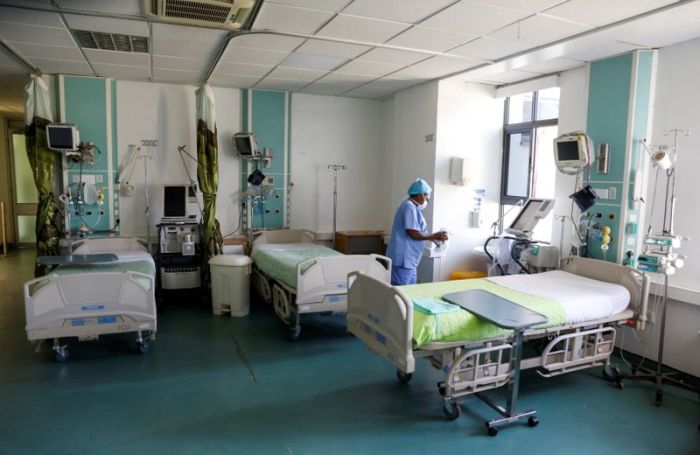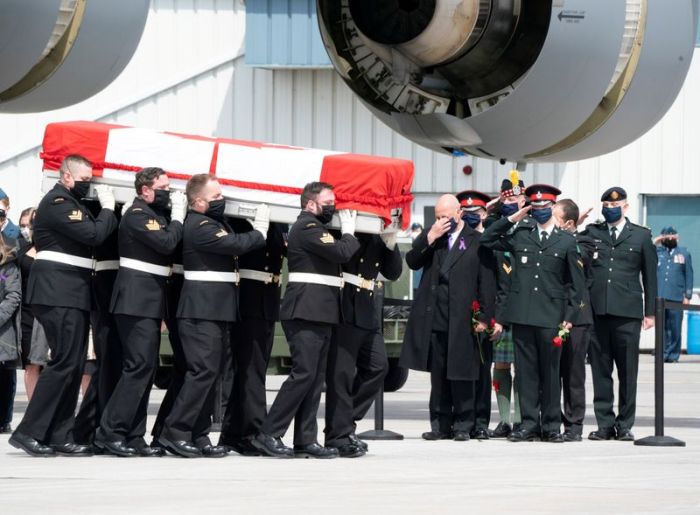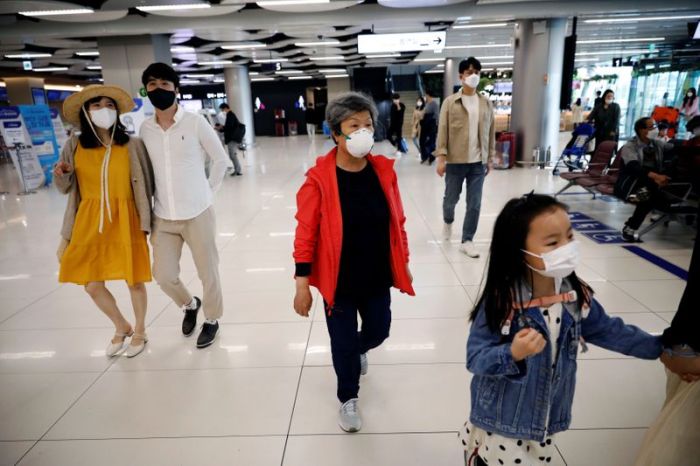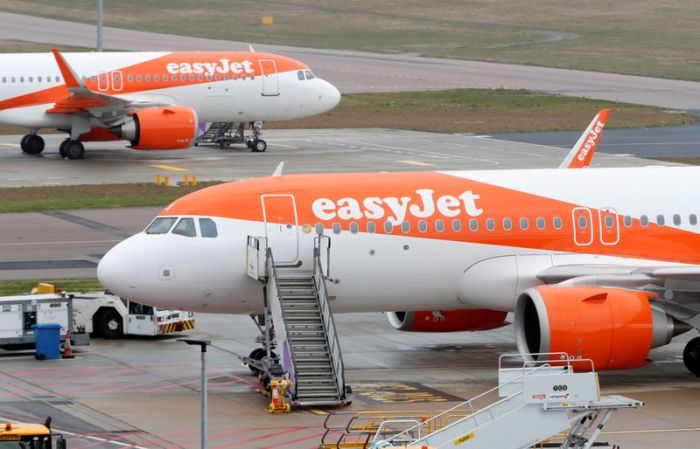(Reuters) – Budget airline backer Bill Franke, who pioneered rock-bottom fares topped up by optional charges, says slashing prices alone will not be enough to get people flying again as carriers try to inch back to profitability after the coronavirus shutdown.
Airlines will need to make passengers feel their health is secure before they get back on planes as the economy slowly stirs back to life, he told Reuters.
“In the early days the passenger won’t be motivated by the price of the ticket. They’ll be motivated in large part by their own personal safety,” said Franke, whose investment firm is the driving force behind several low-cost carriers worldwide.
“The traditional ‘we’ll just sell seats cheap’ – it doesn’t really work here,” said Franke, chairman of U.S. budget carrier Frontier Airlines, Chile’s JetSmart and Hungarian Wizz Air <WIZZ.L>.
The founder of private equity firm Indigo Partners, which has thrown its weight behind the practice of “unbundling” fares to let people pay only for what they use, is also a board member of Mexico’s Volaris Airlines and chairs a Canadian startup.
Indigo Partners is tipped to be among 20 potential buyers of Virgin Australia Holdings Ltd <VAH.AX>, the Asia-Pacific airline industry’s biggest victim of the coronavirus crisis since it filed for administration last month.
Franke declined to comment.
Airlines around the world are struggling with the fallout of the coronavirus pandemic, which has brought air travel to a virtual standstill. The International Air Transport Association (IATA) estimates $314 billion in lost passenger revenue for global airlines this year.
In the United States, airlines are collectively burning more than $10 billion in cash a month, according to industry trade group Airlines for America.
Franke said the early objective for airlines’ financial recovery will be to break even on cash flow, which means recouping immediate expenses.
“Then to start creating profitability – some increment above the cash required to pay the bills, and eventually trying to work your way back to the demand we saw in 2019. My view is that it will take 1.5-2 years to get back,” he said in a recent interview.
He added that over time, airlines will move back toward traditional fare models in which pricing depends on local markets and competition.
“But that’s not going to motivate passengers at the front end of this crisis.”
“Generally passengers will be more concerned about their personal safety than whether the flight costs $50 or $60. That sense of well-being, of safety, has to be developed,” he said.
Executives at traditional U.S. airlines have also said the desire to travel will not return until people perceive it is safe, regardless of fares.
That stance contrasts with Europe’s largest low-cost carrier, RyanAir <RYA.I>, whose boss, Michael O’Leary, told Reuters last month that traditional price-cutting would stimulate demand provided passengers wore masks and airports carried out checks.
RyanAir competes for tourist traffic with Franke’s Wizz Air.
MIDDLE SEATS
U.S. airlines say they have stepped up cabin cleaning and air filtration systems and are requiring all passengers to wear masks or coverings.
Some have also taken steps to leave middle seats open or restrict ticket sales.
Those moves are part of a broader rethinking of how to limit the spread of the new coronavirus during air travel.
While airlines generally support masks, leaving middle seats empty has triggered a debate about the effectiveness in protecting health, with global airlines body IATA coming out against the idea.
“The hard economic facts are you can do that to a point,” said Franke. “If I’m trying to get passengers back on the airplane, early days I can do that, but it is not a path to economic success.”
Depending on the airline, most carriers need to fly 50-60% full to recover their cash costs, he said.
“At the end of the day, like every other business, an airline has to have more money coming in the door than going out the door, and you can’t operate with half your seats empty.”
(Reporting by Tracy Rucinski in Chicago; Editing by Tim Hepher and Matthew Lewis)

